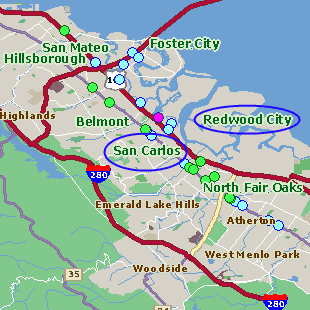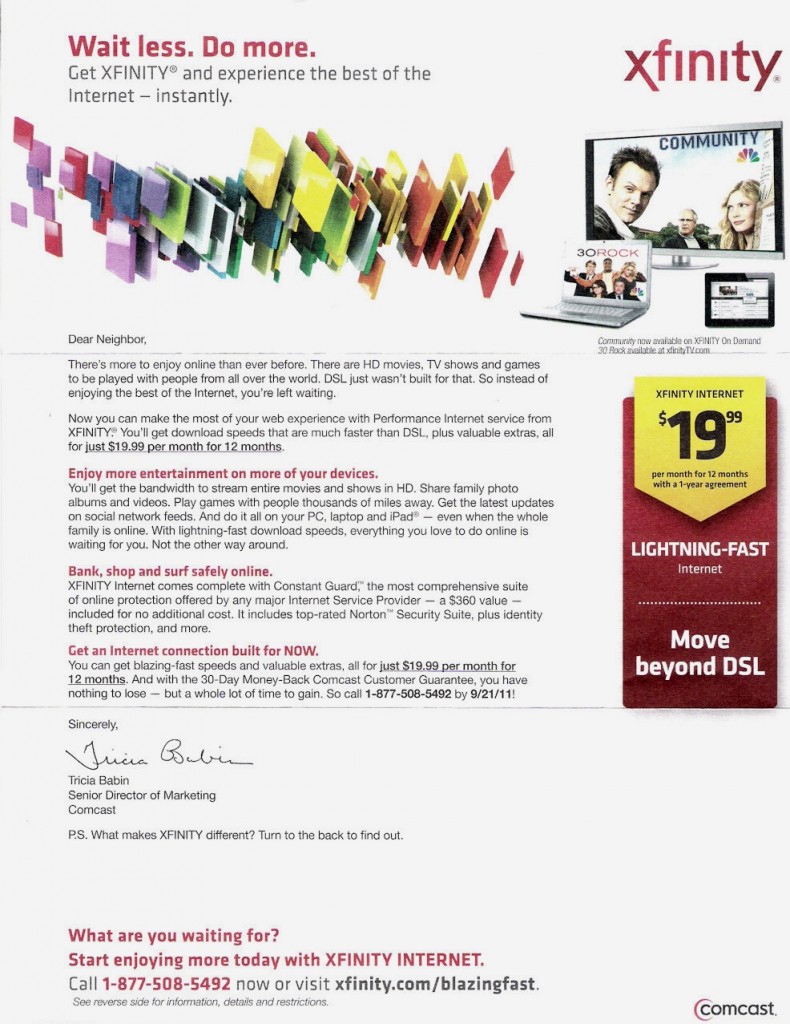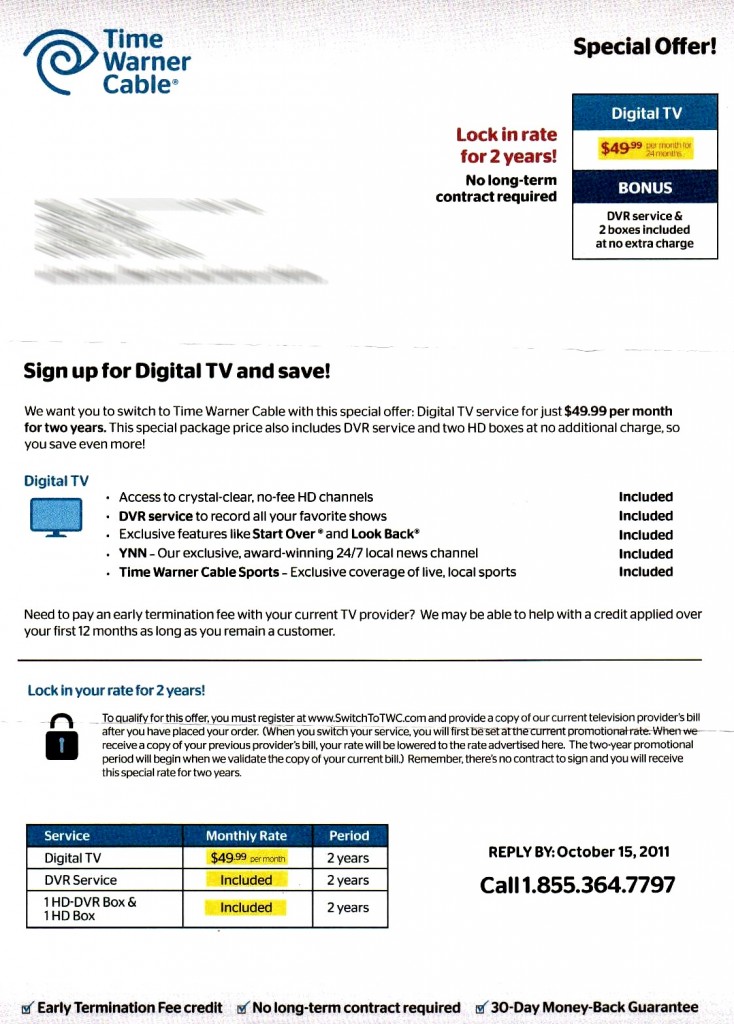For the last several years, telephone companies have faced millions in losses from stolen telephone cables often ripped right off of phone poles — sold to copper scrap yards, usually to fuel drug habits. Now cable companies like Time Warner Cable are facing a theft problem of their own — stolen battery backup equipment.
In California and Texas, the problem has grown significant enough to cost the company nearly $1 million replacing lost equipment. Time Warner is now offering up to $10,000 in some areas for information leading to the arrest of those responsible.
Thieves break into metal cabinets usually located on street corners, phone poles, or in backyards looking to harvest the power backup batteries inside. Thieves resell the lead batteries at scrap yards, and often take the power backup controllers as well. Most break-ins occur at night, and in many areas, the thieves dress up to resemble utility workers and drive panel vans or bucket trucks that passersby might mistake as utility-owned vehicles.
The batteries appear similar to a traditional car battery, but larger. They weigh about 67 pounds each and typically sell for $17-20 apiece at scrap yards. In some areas, repeated break-ins have caused the loss of dozens of batteries, and major headaches for customers who can find their phone and Internet service interrupted until technicians can replace the equipment. In Beaumont, Tex., two men driving a bucket truck netted $3,000 worth of batteries in one evening. They were caught by law enforcement officials who suspected them of breaking into numerous boxes attached to area telephone poles.
In January, two Huntington Beach, Calif. police officers stopped a suspicious vehicle and found 13 stolen batteries owned by the cable company removed from boxes in Huntington Beach, Fountain Valley and Costa Mesa. The vehicles’ occupants were arrested for a variety of charges including the possession of stolen property. They have since been convicted of the crimes and sentenced to time in jail.
Grand Prairie, Tex. Det. Lyle Gensler told a Dallas TV station it’s not just the loss of service Time Warner is worried about, it’s the replacement cost of the stolen property that may trickle-down to customers.
“If Time Warner loses a battery, it’s going to cost them to replace it. If they lose money, they’re going to pass that onto the consumer,” said Gensler. “Over the last six months [Grand Prairie] has lost over $100,000 in property.”
Time Warner has been installing new theft prevention equipment on some utility cabinets in problem areas that deter unauthorized entry into the cabinets.
The cable company has already paid at least one tipster $10,000 for turning in cable equipment thieves. Concerned citizens can report suspicious activity to their local law enforcement office or call Time Warner’s security tip line at 1-877-TWC-TIPS.
[flv width=”640″ height=”382″]http://www.phillipdampier.com/video/KXAS Dallas Time Warner Offers 10000 Reward for Battery Thefts 10-11-11.flv[/flv]
KXAS in Dallas reports on a rash of battery thefts affecting Time Warner Cable and their subscribers in the Metroplex. (1 minute)


 Subscribe
Subscribe









